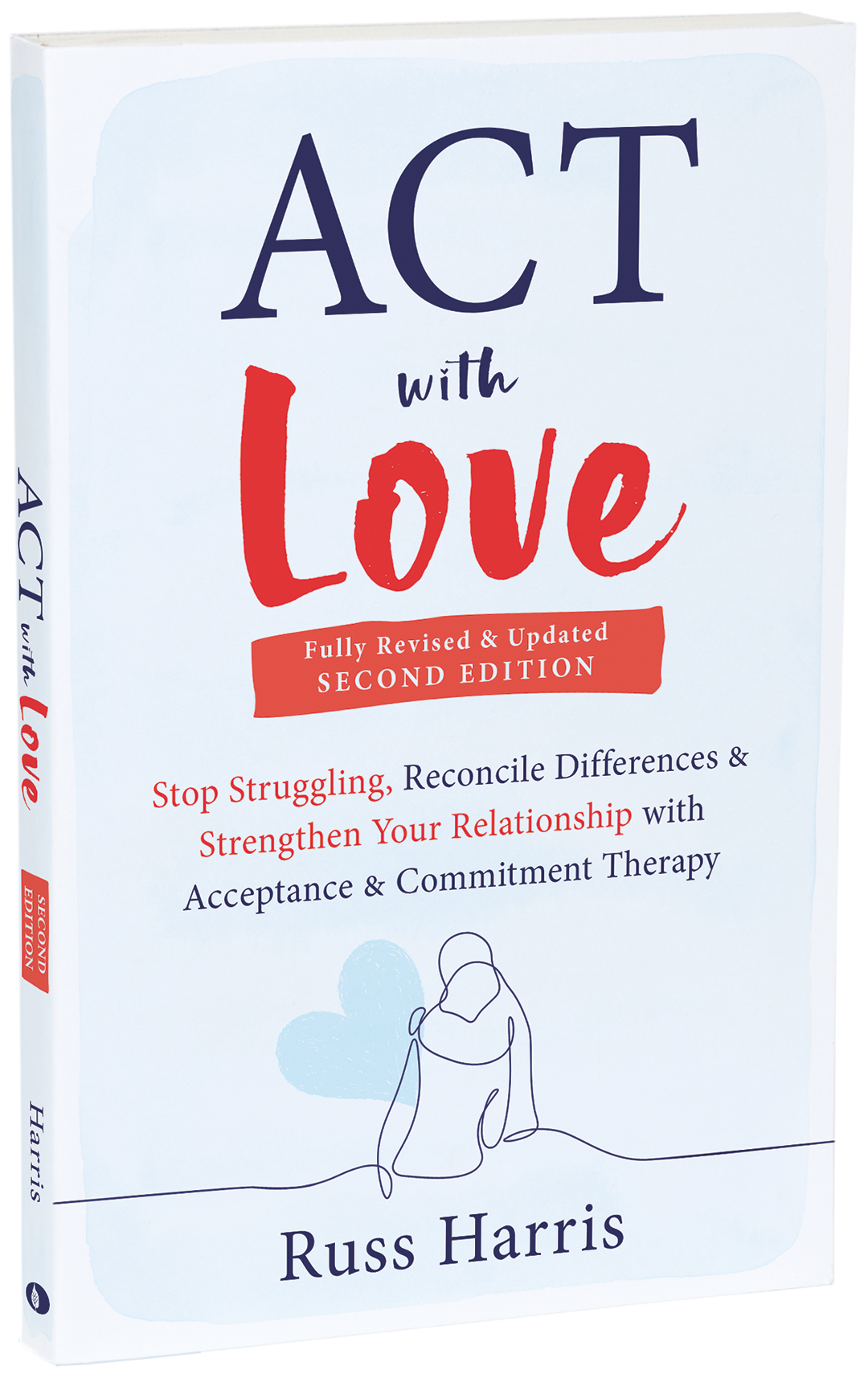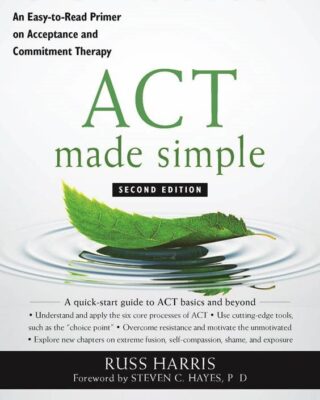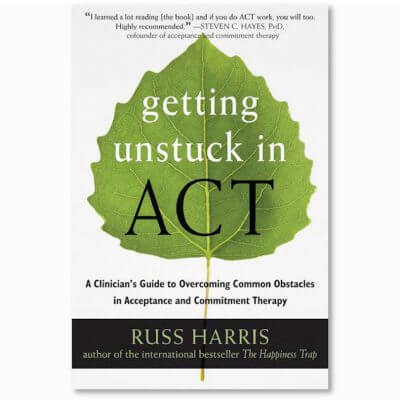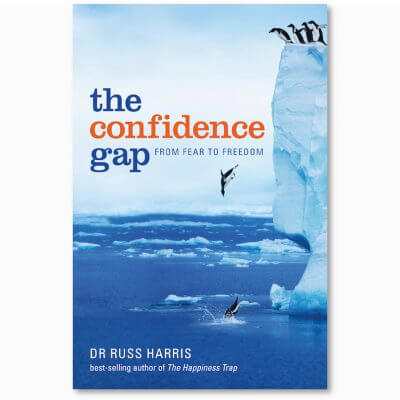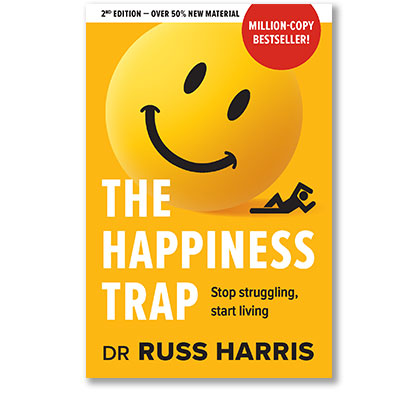“Mindfulness” is a hot topic in Western psychology: increasingly recognised as an effective way to increase fulfilment, reduce stress, raise self-awareness, enhance emotional intelligence, and undermine destructive emotive, cognitive, and behavioural processes. While many people think mindfulness means meditation, this is not the case. Mindfulness is a mental state of openness, awareness and focus, and meditation is just one way amongst hundreds of learning to cultivate this state.Click here to download an article on Mindfulness Without Meditation — published in the Healthcare, Counselling and Psychotherapy Journal (HCPJ Vol9, No 4), a quarterly journal of the British Association for Counselling and Psychotherapy.
Although mindfulness has only recently been embraced by Western psychology, it is an ancient practice found in a wide range of Eastern philosophies, including Buddhism, Taoism and Yoga. Mindfulness involves consciously bringing awareness to your here-and-now experience with openness, curiosity and flexibility. Jon Kabat-Zinn, a world authority on the use of mindfulness training in the management of clinical problems, defines it as: “Paying attention in a particular way: on purpose, in the present moment, and non-judgmentally.”
Mindfulness is about waking up, connecting with ourselves, and appreciating the fullness of each moment of life. Kabat-Zinn calls it, “The art of conscious living.” It is a profound way to enhance psychological and emotional resilience, and increase life satisfaction.
To download Ruth Baer’s paper on Mindfulness Training As A Clinical intervention, click here

